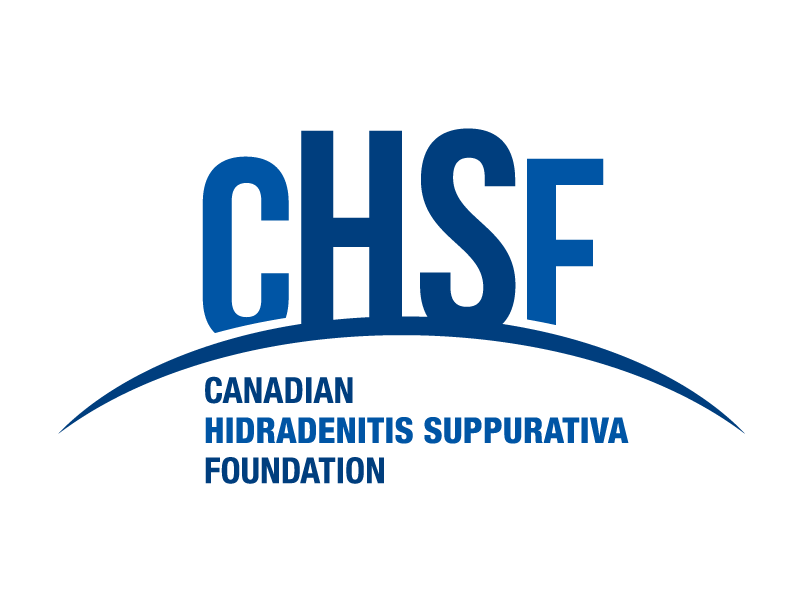Hidradenitis Suppurativa (HS) is a persistent, painful skin condition with global prevalence, causing inflamed nodules, abscesses, and tunnels primarily in sensitive areas. This condition profoundly affects physical, emotional, and social well-being. While HS has no cure, various treatment options and management strategies exist to alleviate symptoms, reduce flare-ups, and enhance overall quality of life. Implementing targeted lifestyle changes can play a crucial role in complementing these approaches, offering individuals living with HS valuable tools to take control of their condition and improve their well-being. Explore effective lifestyle changes tailored to manage HS symptoms and empower individuals on their journey toward a better quality of life.
One vital aspect of managing Hidradenitis Suppurativa is making targeted lifestyle changes that have been shown to help alleviate symptoms and promote better health. These adjustments often aim to address individual triggers, reduce inflammation, and support overall skin health. Lifestyle changes should be considered as a complement to standard medical treatments, helping individuals manage their condition holistically and from multiple angles.
This blog post will explore various lifestyle changes that might benefit those living with HS. While every individual’s experience with the condition may differ, these general tips can help provide a starting point for those seeking to take control of their HS symptoms and enhance their overall well-being.
Maintaining an open dialogue with healthcare providers and monitoring the effects of lifestyle changes will be critical to creating an effective HS management plan tailored to each individual’s unique needs. By incorporating these strategies and advocating for comprehensive care, we can work together to improve the lives of those affected by Hidradenitis Suppurativa.

Lifestyle Changes:
1. Monitor and Avoid Personal Triggers
HS flare-ups can be triggered by various factors, which may differ from person to person. Identifying and avoiding these personal triggers can help manage symptoms and prevent flare-ups. Some common triggers include:
- Friction: Tight clothing, rigorous exercise, and repetitive movements can cause friction in affected areas, potentially exacerbating symptoms. Choose loose-fitting, breathable clothing and minimize activities that cause friction when possible.
Sweating: HS lesions can be aggravated by excessive sweating, making it essential to keep affected areas clean and dry. Consider using mild, unscented soaps and moisture-wicking materials to maintain dry skin and reduce irritation.
- Stress: High-stress levels can negatively impact the immune system and may contribute to HS flare-ups. Incorporate stress-management techniques such as meditation, deep breathing exercises, or yoga into your daily routine.
2. Maintain a Balanced and Anti-Inflammatory Diet
Although there is no specific diet for HS, certain foods may contribute to inflammation or trigger flare-ups. Adopting a balanced, anti-inflammatory diet may help manage symptoms by reducing inflammation and supporting overall skin health. Consider the following dietary tips:
- Eat whole, unprocessed foods: Focus on consuming a variety of fruits, vegetables, lean proteins, whole grains, and healthy fats while avoiding processed foods, refined sugars, and unhealthy fats.
- Incorporate anti-inflammatory foods: Include foods rich in omega-3 fatty acids, such as fatty fish, nuts and seeds, and leafy greens, which can help combat inflammation.
- Identify food sensitivities: Some individuals with HS may be sensitive to specific foods, such as dairy or gluten, and may experience symptom relief upon eliminating these triggers. Consult a healthcare provider, dietitian, or nutritionist for guidance on identifying and managing potential food sensitivities.
3. Prioritize Sleep and Physical Activity
Adequate sleep and regular physical activity are crucial components of overall health and can play a role in managing HS symptoms. Aim for the following:
- Sleep: Aim for 7-9 hours of restorative sleep per night, as poor sleep quality can contribute to inflammation and exacerbate symptoms. Establish a consistent sleep schedule, create a relaxing bedtime routine, and optimize your sleep environment for best results.
- Physical activity: Incorporate low-impact exercises, such as walking, swimming, or cycling, to minimize friction and promote better circulation. Regular exercise can also help reduce stress, support weight management, and boost overall well-being.
4. Promote Emotional and Mental Health
Living with HS can take an emotional toll, making it essential to prioritize mental health and seek support from friends, family, and peers. Consider the following emotional support strategies:
- Connect with Support Groups: Joining online or in-person support groups can provide a sense of belonging, validation, and emotional encouragement from others who understand the challenges of living with HS.
- Seek Professional Help: Mental health professionals, such as therapists or counselors, can provide valuable guidance and coping strategies for managing the emotional impact of HS.
- Practice Self-Compassion: Be kind to yourself, and acknowledge your experiences and feelings are valid. Develop self-care habits and take breaks when needed to replenish both physically and mentally.

Conclusion
By implementing targeted lifestyle changes and working closely with healthcare professionals, individuals living with Hidradenitis Suppurativa can better manage symptoms, reduce flare-ups, and improve their overall quality of life. As we continue to support those affected by HS and raise awareness about the condition, we foster a more comprehensive, understanding approach to care.
At Canadian Hidradenitis Suppurativa Foundation, we remain committed to providing educational resources, advocating for timely diagnosis and personalized care, and empowering those living with Hidradenitis Suppurativa to take control of their symptoms and enhance their overall well-being. Let us work together to raise awareness about Hidradenitis Suppurativa and improve the lives of those affected by this challenging condition. Contact us today to learn more about our resources and how we can help you manage HS better!
